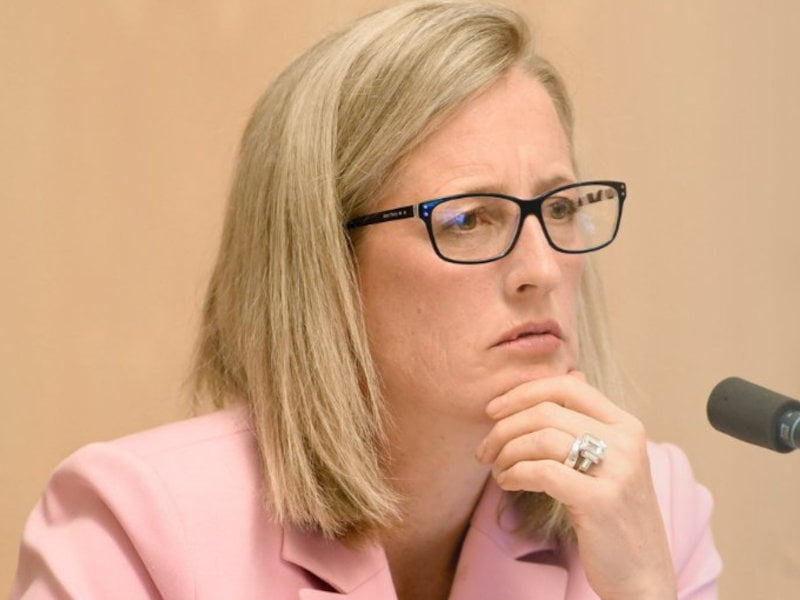The Albanese government looks set to unveil its in-house consultancy project at the May budget, with several options that consider the failings of the United Kingdom’s recently scrapped equivalent being worked up for government consideration by then.
Finance minister Katy Gallagher this week sought to distance the Australian government’s approach from the UK after its hub was quietly shuttered in January.
She said the local version is being developed specifically for the Australian Public Service and is likely to avoid the UK’s cost recovery model.
A central consultancy group that works across government as needed, departments establishing or expanding their own consultancy teams, or a “networked” model taking advantage of existing capabilities across agencies are all under consideration by the Department of Prime Minister and Cabinet’ APS Reform Office.

Labor has eyed an in-house consultancy for years and sees it as part of its plan to save billions in outsourcing and redevelop capability in the APS. It is also being pushed as a way to give public servants more interesting and valuable work to do after a decade of cuts and staffing caps.
The UK ‘s consultancy hub was recommended as a possible model for Australia in 2021 and had has been examined by the Albanese government as a possible model.
The UK’s ‘Government Consulting Hub’ launched in 2021. Despite the hub reporting several completed assignments and having “high and growing” demand for its services, the UK hub was quietly shuttered last month amid reports UK agencies preferred big, private firms.
However, those involved in the UK project have told Australian counterparts the project was actually well regarded before funding was reprioritised by the government. Australian officials have also had discussions with with the people behind government consultancies in Singapore and New Zealand.
Ms Gallagher this week told a Senate Estimates hearing Australia’s approach will be “quite different” to the UK model.
“We’re looking in particular at how to shape something for our public service to give it the best opportunity to succeed. This is part of our approach that ensures that agencies don’t just immediately go to a consultant when they have a particular piece of work that they might not have the skills for or think that that is the easiest option,” the Finance minister said.
“Part of what we’re trying to do is look at what’s useful for agencies and be informed by some of the issues that have affected agencies elsewhere.
“We’re exploring this. We want it to work, so we’re trying to be flexible and be mindful of those areas where it hasn’t been as useful.
“I think in the UK it was a cost recovery model from the beginning…and that affected the buy in. So one thing that we might look at is how you offer that support back out to agencies, but make it a real choice for them, or a preferred choice, in the sense of coming and getting some advice.”
Department of Prime Minister and Cabinet officials told the hearing multiple options are being prepared for government in time for the May budget. Each model is expected to contain three elements.
“One element is around a core consulting service — the undertaking of consultancies,” Department of Prime Minister and Cabinet APS Reform deputy secretary Dr Rachel Bacon explained.
“The second element is around helping the agencies and public servants be better consumers of consultancy services. The third is around uplifting and connecting existing capacity and capability across the public service,” she said.
Dr Bacon said a hub and spoke model where departments have their own in-house consultancy is still on the table, with such a model having existed in her department for several years already.
How widely this model is deployed across departments, or the scale of an alternative model where a main consultancy assists various government agencies will be a matter for the Albanese government.
Do you know more? Contact James Riley via Email.


The UK tried, and failed fast (my respects to P. Shetler). So – as Ms Gallagher says – let’s be informed by some of the issues that have affected agencies elsewhere. Could we fail faster? This is actually a pre-emptive fail. If the APS were consultants they’d be working for consultancies. They aren’t working for consultancies. The APS doesn’t think consulting and the Minister feels it’s to do a “piece of work” and a “sense of coming and getting some advice.” Plus, we should be “mindful”. Huh? This is a very silly idea. It should stop here, but won’t.